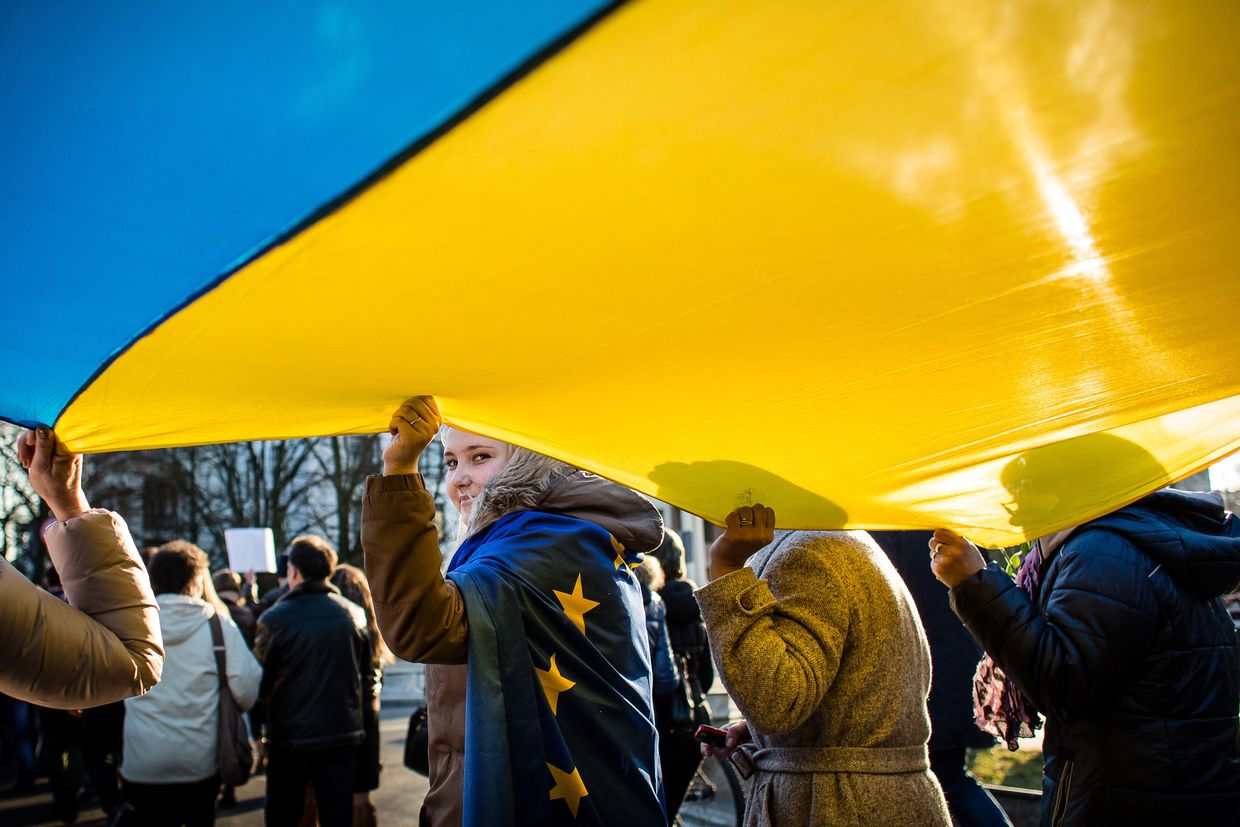Deputy PM says no plan to forcibly bring back Ukrainian men from EU

Ukraine is not planning to forcibly bring back military-aged men who are in the EU, said Deputy Prime Minister for European and Euro-Atlantic Integration Olha Stefanishyna in an interview with Deutsche Welle published on April 30.
The Ukrainian government introduced a ban earlier in April on sending identification documents and passports to Ukrainian men aged 18 to 60 who are living abroad. With some exceptions, military-aged men are prohibited from leaving Ukraine during the war while martial law is in effect.
The new provision came into effect shortly after Ukraine announced the suspension of new applications for consular support for military-age men abroad as part of a new mobilization law.
Stefanishyna said that there will be "no restrictions or forced return of Ukrainian citizens of any gender or age" back to Ukraine.
"But there are no easy solutions to issues related to the war," she added.
Stefanishyna said that military registration for men living abroad would be conducted, but the process is more about collecting data on the potential manpower available than a plan for the immediate mobilization of such individuals.
The Ukrainian government has said that military-aged men will be able to access consular services abroad if they have registered with conscription offices, but the actual mechanics of the system are not fully in place yet.
At the same time, some of Ukraine's neighbors that host significant numbers of Ukrainian refugees have said they would potentially help Ukraine bring their fighting-aged men back home.
Polish Defense Minister Wladyslaw Kosiniak-Kamysz said on April 24 that Warsaw may assist Kyiv with calling back its men living in Poland. Similar sentiments were voiced by Lithuania's Defense Minister Laurynas Kasciunas, who added that no specific decisions have been taken so far.
Radoslaw Sikorski, the Polish foreign minister, said on April 27 that returning men of draft age to Ukraine is "ethically ambiguous" and Ukraine will thus have to "take the initiative" in the process.














